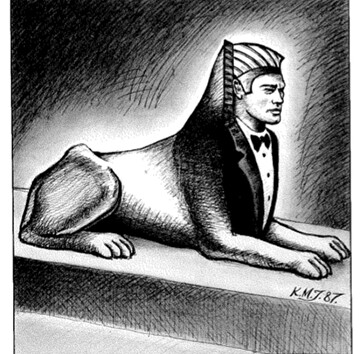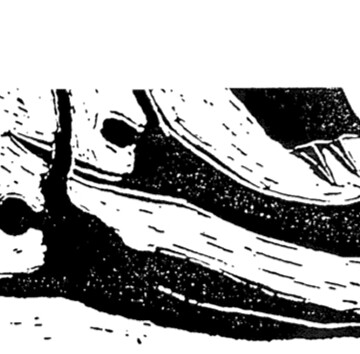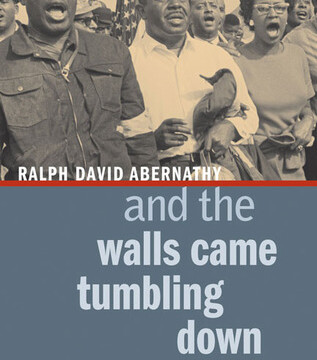[This review first appeared in the June 1987 issue of Chronicles.] To 18th-century Britons and Americans who devoted any serious thought to the subject of human nature—and a great many did—the conventional starting point was the theory of the passions, or drives for self-gratification. Rousseau to the contrary, man was not naturally good but was ruled...
Author: Forrest McDonald (Forrest McDonald)
On the Study of History
American society is in trouble, and not only because our traditional values and institutions are under siege. The nuclear family is crumbling as a result of government policies that are ruthless when they are not mindless. Our once great cities have reverted to a state of nature, in which the innocent are terrorized by hordes...
A Good Man Is Hard to Find
The road to hell, I was taught as a child, is paved with good intentions. Surely no one could fault the intentions of the Reverend Ralph David Abernathy—Martin Luther King’s right arm and successor in the Southern Christian Leadership Conference—as revealed in this fascinating and moving autobiography. Inspired by faith in Divine mercy, by a...
How the Fourteenth Amendment Repealed the Constitution
“It is easier to make certain things legal than to make them legitimate.” —Chomfort The evisceration of the federal system by the Supreme Court during the last few decades—indeed, most of the modem malfeasance of that august body—has been accomplished largely through the instrumentality of the Fourteenth Amendment. This sorry tale, from the adoption of...
Character in Acting
To 18th-century Britons and Americans who devoted any serious thought to the subject of human nature—and a great many did—the conventional starting point was the theory of the passions, or drives for self-gratification. Rousseau to the contrary, man was not naturally good but was ruled by his passions, both primary (fear, hunger, lust) and secondary...


